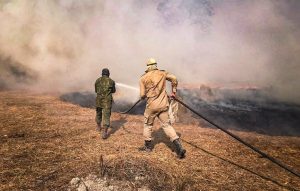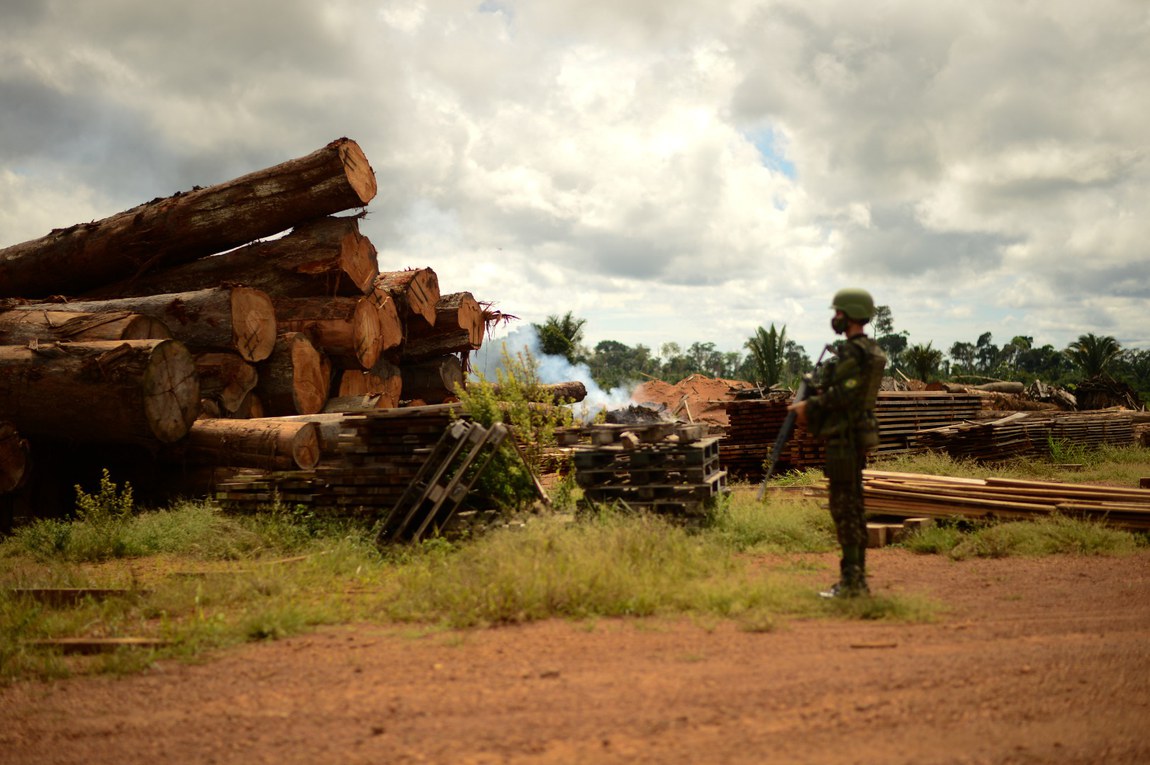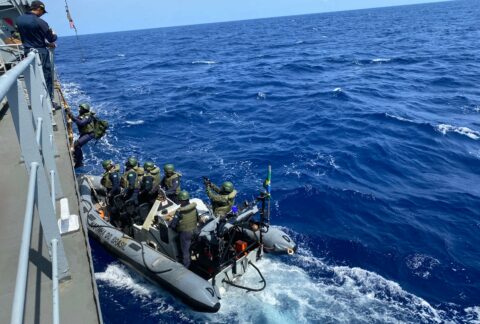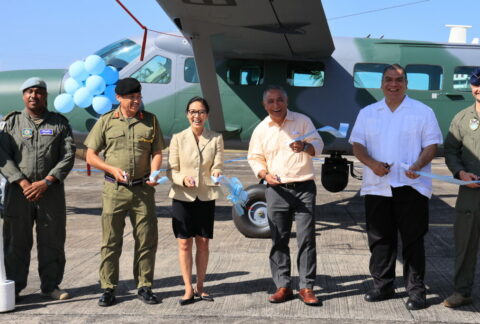“Climate change is much more than an environmental issue; it represents a serious challenge to peace and stability across the world.” This begins the report Climate and Security in Brazil, which is part of the World Climate and Security Report 2020 briefer series of the International Military Council on Climate and Security (IMCCS), co-led by Sherri Goodman, IMCCS secretary general and former U.S. Deputy Undersecretary of Defense (Environmental Security); and General (ret.) Tom Middendor, IMCCS chair and former chief of Defense of the Netherlands.
The IMCCS was launched in February 2019 and is currently made up of military leaders, security experts, and security institutions from 38 countries.

In the study published in December 2020, service members and experts shed light on the impacts of environmental issues on society, the economy, and above all, the defense and security of the largest South American country. The report concludes by encouraging Brazilian leaders to prioritize climate change and actions to fight deforestation, as part of the national defense and security policy.
According to the report, temperature and sea level rise, changes in precipitation patterns, deforestation, and drought are among the most impactful environmental issues in the region. According to the IMCCS, these issues will harm people’s livelihoods, and create food, energy, and water insecurity, as well as increase migration, overburdening governments. “Climate change will affect the demand for regional military capabilities and prioritization on all mission sets, with humanitarian assistance and disaster response missions becoming more common,” the study indicates.
According to analysts, climate change also threatens military infrastructure in coastal and riverine regions. As such, the Brazilian Navy could lose part of its ability to fulfill its main obligations, including safeguarding underwater resources and monitoring the waters to combat crime.
According to IMCCS service members and experts, poor administration of these challenges may aggravate the underlying insecurity factors, such as poverty, inequality, competition for resources and social tensions. “These dynamics could in turn worsen some of the region’s security challenges, including transnational organized crime,” the IMCCS says.
According to former Brazilian Minister of Defense Raul Jungmann, who spoke with Reuters about the IMCCS report, “in order to preserve the forest and protect the water supply in Brazil, the country must develop the Amazon, but in a sustainable way.”
This statement is in line with the outlook of the report, regarding initiatives to be prioritized by Brazilian leaders, which go beyond protecting the Amazon region. “Military support for addressing climate change and security could be particularly consequential in Brazil. If combined with a respect for humanitarian and democratic norms, its involvement could increase resilience in the country and region, and support international efforts to reduce greenhouse gas emissions and preserve carbon sinks, which are an international security imperative,” highlights the report.









